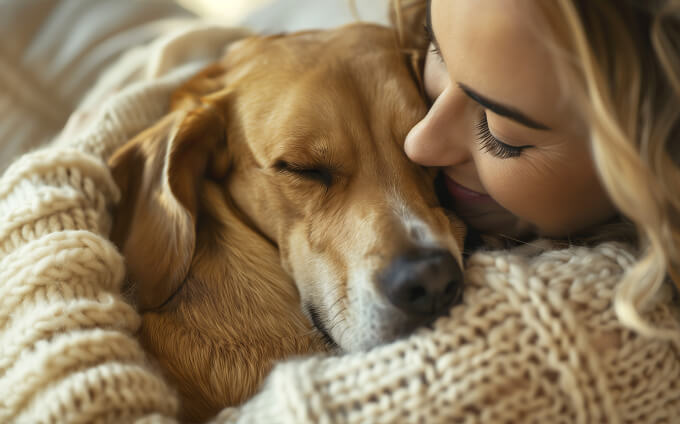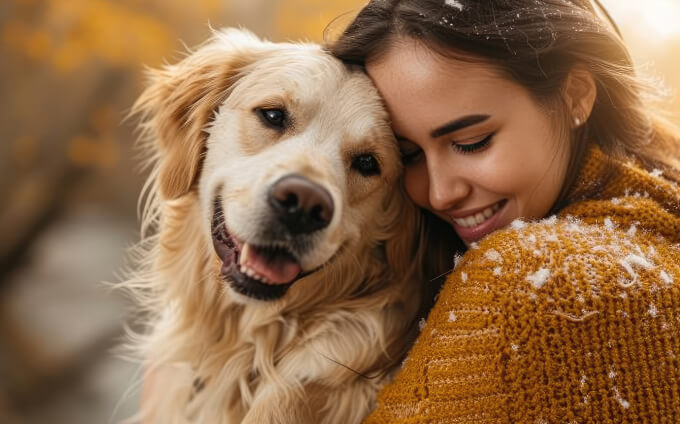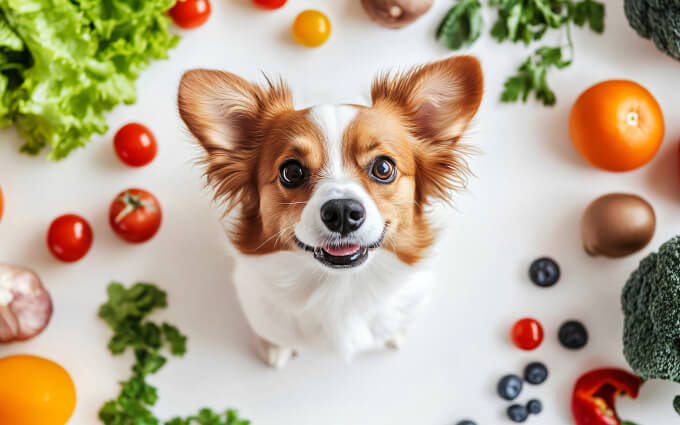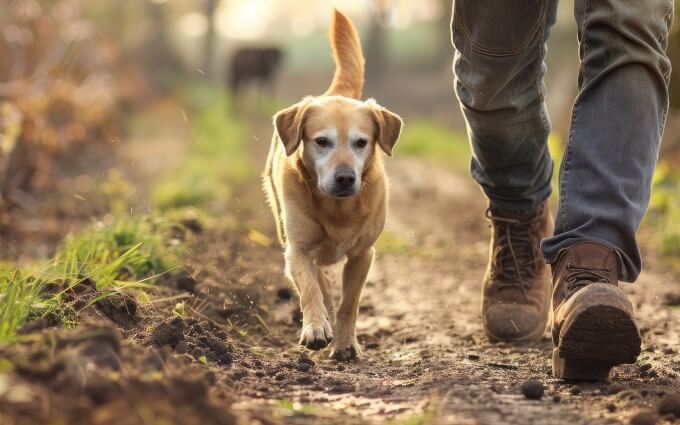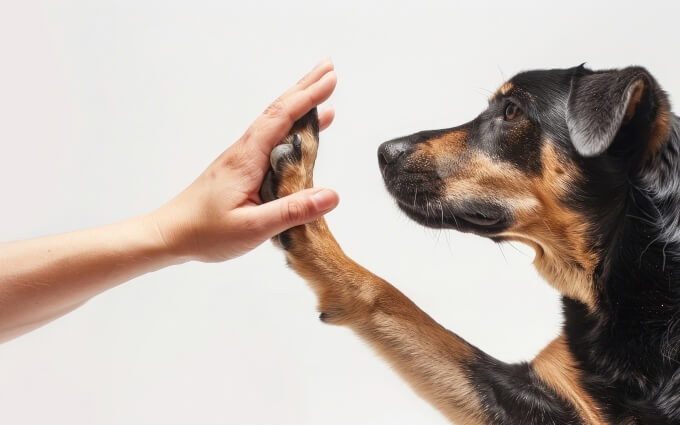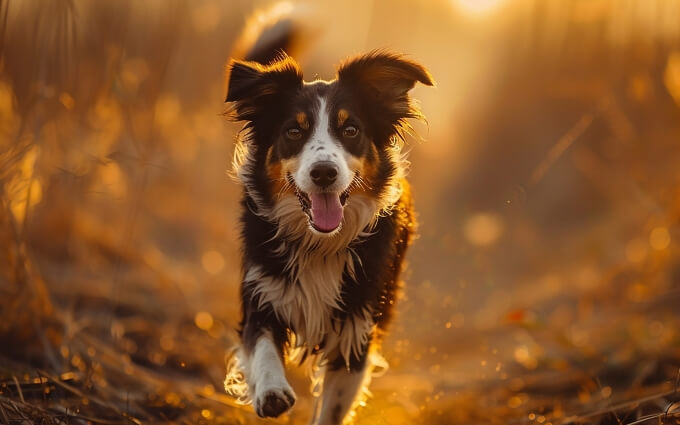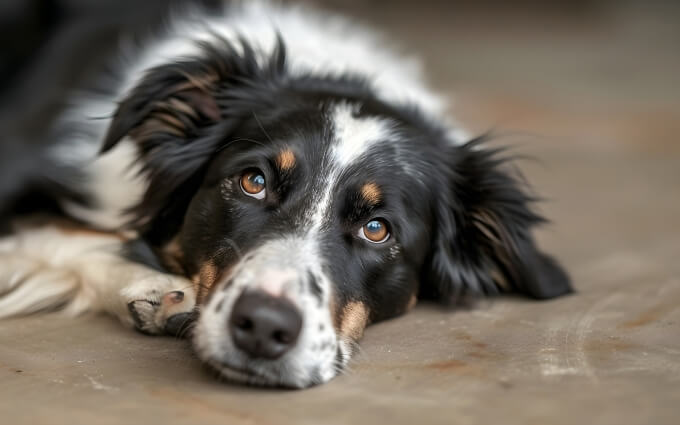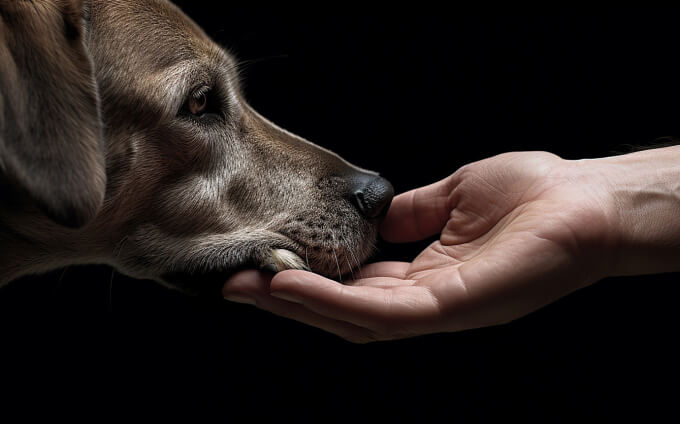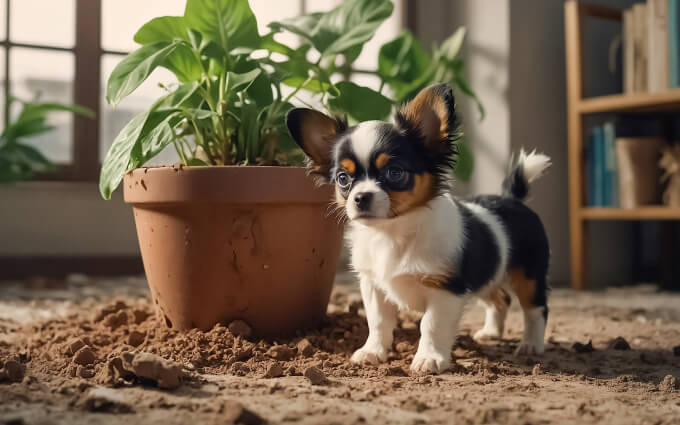- Home
- Dog Behavior
- Why Do Dogs Eat Grass? Myths, Facts, and Explanations
Why Do Dogs Eat Grass? Myths, Facts, and Explanations
You've spotted your pup nibbling on grass again and wondered: moment of boredom or noble ancestral instinct? This post breaks down all the plausible reasons in a friendly, witty voice, plus tips for what you can do about it.

- 2
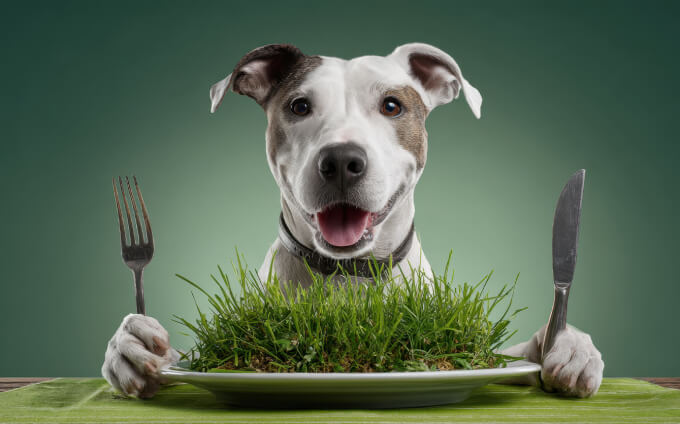
So Your Dog Eats Grass: What Gives?
You're relaxing on the couch, binge‑watching your favorite show, when suddenly your dog wanders off, nibbles a few blades of grass, and you think - what on earth? Is this normal? Should you intervene? Spoiler alert: yes, this is surprisingly common.
Cut to the Data
- A whopping 68% of dogs eat grass on a regular basis, according to a 1,571‑owner survey.
- Yet only around 8–10% show signs of being ill before grazing, and even fewer vomit afterward.
- In younger dogs, this behavior is even more frequent - without an obvious health concern behind it.
Instinct or Innovation?
One theory: your dog's gone primal. Dogs' ancestors - wolves and wild canids - were seen munching on plant matter up in the wild. Some think it helped purge parasites or add fiber to their diets. Your pup may just be channeling that wild instinct.
Fiber to the Rescue?
Grass is roughage, full of fibrous content, which can help digestion. But studies show dogs fed high‑fiber diets (like those with fructooligosaccharide) didn't eat as much grass - suggesting fiber craving is not always the main driver.
Not Sick… Usually
Old‑school myth: dogs eat grass to puke up their stomach to feel better. But that's not the norm. Most grass‑eating pups don't vomit, and most aren't sick beforehand.
But… Sometimes It Works
In rare cases, a dog might eat grass when stomach‑upset strikes - especially if the grass irritates the throat or stimulates vomiting. But it's more of an occasional trick, not a standard remedy.
Could It Be Boredom, Anxiety, Or Just Plain Curiosity?
Pups are curious creatures - and grass is edible landscaping. Dogs exploring the world with their mouths might simply find the taste or texture interesting. Seasonal changes might even make Spring grass more appealing - fresher, tastier.
Or Maybe It's Emotional
Some experts think grass‑eating can be a displacement behavior - like you biting your nails when anxious. Others say your dog might do it to get your attention, especially if they know you'll react when they graze.
When (& Why) It Might Matter
Usually, grass‑eating is no biggie. But watch out if your pup is:
- Grazing obsessively.
- Vomiting repeatedly after eating grass.
- Showing other symptoms - diarrhea, lethargy, weight loss.
Also, always consider what's on the grass - pesticides, herbicides, toxic fertilizers, or parasites could pose real risks.
So, What Can You Do?
If the grass‑eating is playful or occasional, you're probably good. But here are some playful strategies to keep things safe and fun:
- Offer a dog‑safe patch of wheatgrass or grow a little “pet salad” in a pot indoors.
- Boost fiber safely - plain pumpkin or green beans can help with digestion.
- Distract with brain games - puzzle toys, scent trails, or chase during lawn time.
- Teach the “leave it” cue gently - reward your pup when they stop munching on grass.
- Track the habit - is it frequent? Paired with other symptoms? Keep a diary so you can chat with your vet armed with clear info.
Bottom Line
Yes, your dog's grass‑eating habit may seem odd - but it's usually normal, instinctive, and harmless. Often, it's just him being curious or bored. Most pups who graze occasionally aren't sick, don't vomit, and aren't missing vitamins.
If you're concerned - especially around the amount, frequency, or health signs - your vet is your best co‑pilot. Until then, relax, maybe grow a little pet‑safe grass, and keep watching your pup explore the greener side of life with a smile.
- 2
 Michelle Torring
Michelle Torring
Michelle is a passionate dog owner who spends most of her free time with her 6-year-old golden retriever, Bella. The two are a familiar sight in the neighborhood, often seen on long walks in the park or at the beach. Michelle loves training Bella in agility and they often compete in local competitions where Bella impresses with her speed and agility. Every Sunday, Michelle organizes playdates for dogs in the neighborhood where both dogs and owners can socialize and learn from each other. To Michelle, Bella is not just a dog, but a beloved family member and faithful companion.
-
Dog Behavior
 Does My Dog Know I Care About It?
Does My Dog Know I Care About It?Discover the ways your dog shows it knows you care and how you can reinforce that loving bond through simple actions and daily interactions.
 Cassandra DalgaardAug 05, 202444
Cassandra DalgaardAug 05, 202444 -
Dog health
 Which Emotions Do Dogs Actually Experience? Understanding Your Dog's Emotions
Which Emotions Do Dogs Actually Experience? Understanding Your Dog's EmotionsDogs experience a variety of basic emotions similar to those of a young child. Learn about the emotions your dog truly feels, how they express them, and what it means for your relationship.
 Cassandra DalgaardJul 30, 202478
Cassandra DalgaardJul 30, 202478 -
Food & Nutrition
 The Best Foods to Boost Your Dog's Immune System
The Best Foods to Boost Your Dog's Immune SystemTo keep your dog healthy and resilient, fueling their immune system with the right foods is key. In this post, we'll cover the top nutrient-packed foods that can give your dog's immune system the support it needs, helping them fend off illness and stay energetic.
 Marcin SolgaardOct 04, 20249
Marcin SolgaardOct 04, 20249 -
Tips & Tricks
 How to Train Your Dog to Walk Off-Leash
How to Train Your Dog to Walk Off-LeashThis guide will walk you through everything you need to know, from essential commands to mastering off-leash walks even in distracting environments
 Marcin SolgaardJul 02, 202451
Marcin SolgaardJul 02, 202451 -
Tips & Tricks
 Are You Ready for Life with a Dog? Everything You Need to Know
Are You Ready for Life with a Dog? Everything You Need to KnowThis guide helps you determine if you're ready for a dog by exploring the responsibilities, financial requirements, and lifestyle changes necessary for successful dog ownership.
 Marcin SolgaardJul 31, 202433
Marcin SolgaardJul 31, 202433 -
Tips & Tricks
 How to Train Your Dog to Give Paw
How to Train Your Dog to Give PawTeaching your dog to give paw is a fun and rewarding experience that strengthens your bond. This guide walks you through the process with tips, tricks, and plenty of paw-sitive reinforcement.
 Marcin SolgaardApr 11, 202441
Marcin SolgaardApr 11, 202441 -
Tips & Tricks
 How to Teach Your Dog to Come When Called
How to Teach Your Dog to Come When CalledThis guide walks you through the process, from selecting the right command to dealing with distractions, ensuring a strong recall every time.
 Marcin SolgaardJul 10, 202448
Marcin SolgaardJul 10, 202448 -
Dog Behavior
 Why Your Dog Ignores You and How to Change It
Why Your Dog Ignores You and How to Change ItIs your dog ignoring you? Explore the reasons behind this behavior and actionable steps to bring back the focus, from training techniques to environmental adjustments.
 Marcin SolgaardJul 16, 202439
Marcin SolgaardJul 16, 202439 -
Dog Behavior
 Why Does My Dog Put Its Head on Me? Understanding the Behavior
Why Does My Dog Put Its Head on Me? Understanding the BehaviorEver wondered why your dog puts its head on you? This guide dives into the reasons behind this endearing behavior, from seeking comfort to showing love.
 Michelle TorringAug 03, 202428
Michelle TorringAug 03, 202428 -
Puppies & Young dogs
 How to Puppy-Proof Your Home: A Complete Guide
How to Puppy-Proof Your Home: A Complete GuideBringing a new puppy home is thrilling, but keeping them safe means some serious puppy-proofing. This guide covers everything from securing hazardous items to creating a puppy-friendly zone, making your home a safe haven for your curious new companion.
 Michelle TorringOct 10, 202412
Michelle TorringOct 10, 202412

